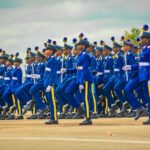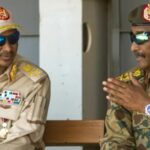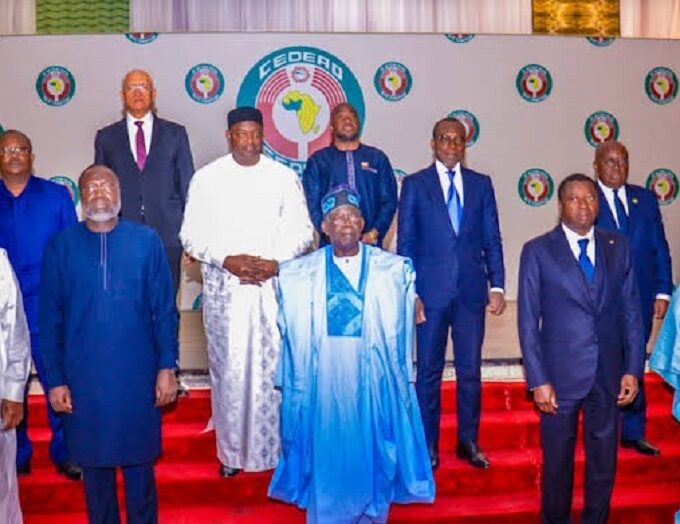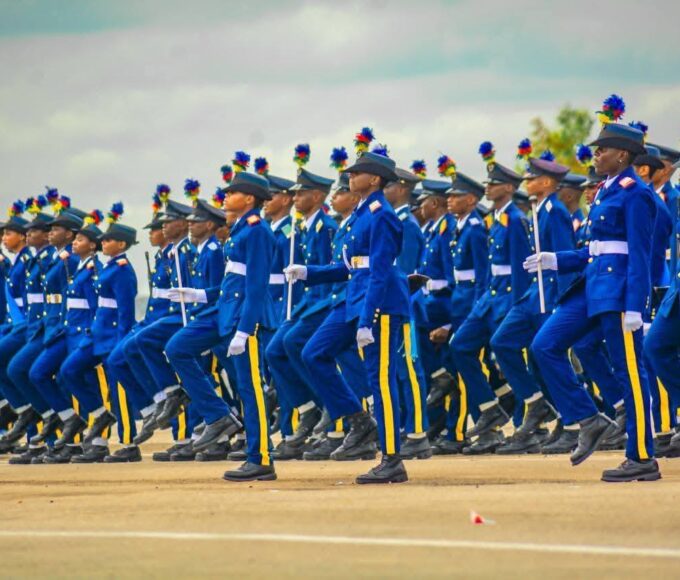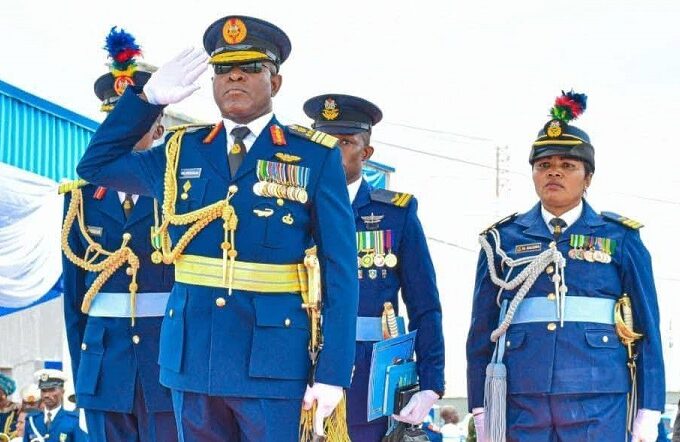Mentorship and the African Soldier: The New Era of Officer Cadre Development
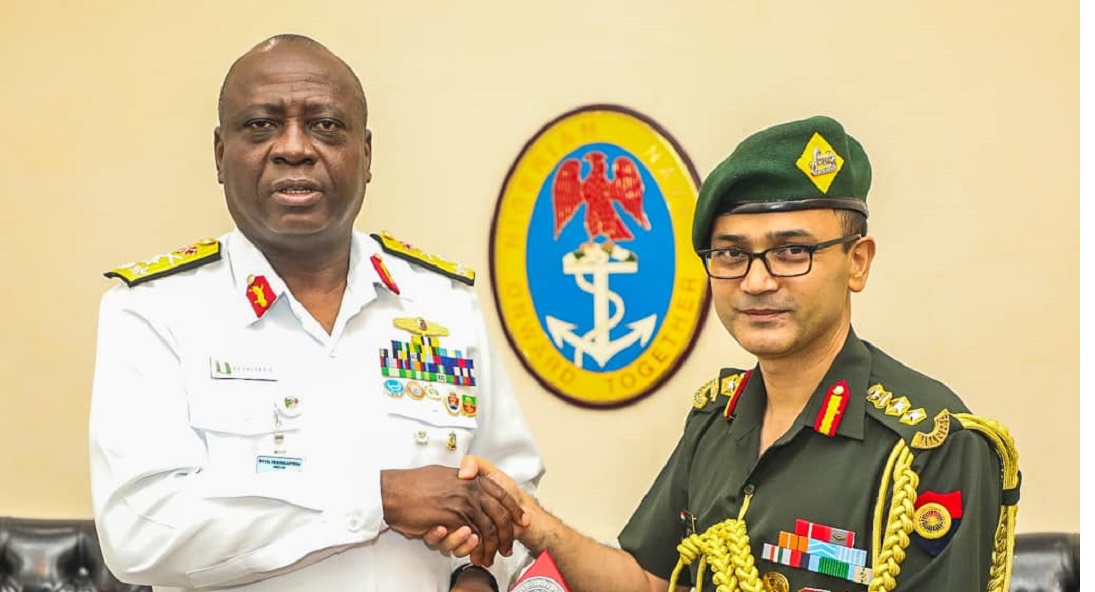
In African military institutions long defined by rank, rigidity, and routine, a new leadership doctrine is gaining traction—mentorship. No longer seen as a Western concept or informal courtesy, mentorship is emerging as a structured, strategic pillar in the development of officer cadres across the continent. Whether in barracks, war colleges, or peacekeeping deployments, seasoned commanders are increasingly guiding junior officers not only in tactics but in ethics, diplomacy, and the evolving nature of leadership in modern African conflict zones.
This article explores the institutionalisation of mentorship in Africa’s armed forces, highlights countries that are leading the charge, and assesses the cultural, operational, and structural factors shaping this new leadership culture.
Why Mentorship Matters in African Armies Today
With an expanding youth bulge across Africa, younger officers are being promoted faster than ever—often thrust into leadership roles in active theatres without sufficient strategic grounding. Traditional military training, while effective in drills and doctrines, has often failed to prepare young leaders for the ethical, political, and human complexities of modern combat.
Mentorship fills these gaps by:
- Accelerating leadership development in complex environments
- Fostering intergenerational knowledge transfer
- Building resilience and decision-making confidence among junior officers
- Reinforcing discipline, ethics, and esprit de corps
- Strengthening institutional memory within national forces
As African armies modernise, mentorship is no longer a luxury—it’s becoming a necessity for sustainability, morale, and mission success.
Countries Institutionalising Mentorship Models
- Rwanda Defence Force (RDF)
The RDF has embedded mentorship into its officer development pipeline. Senior commanders are assigned mentees upon cadet graduation, tracking their leadership progression over a five-year cycle. The model is tied to Rwanda’s wider civil service mentorship framework, enabling cross-sector knowledge exchange.
- Uganda People’s Defence Force (UPDF)
Retired generals are being recalled as military mentors in Uganda’s junior command schools. These veterans conduct regular “Command Clinics” where leadership failures and battlefield decisions are deconstructed in peer-learning sessions. The initiative is coordinated by the Ministry of Defence’s Department of Military Education.
- Ghana Armed Forces (GAF)
GAF has adopted a decentralised mentorship model. Each battalion designates a mentorship officer responsible for assigning senior mentors to new lieutenants and captains. The system is monitored quarterly and linked to promotion readiness assessments.
- Kenya Defence Forces (KDF)
KDF’s mentorship system is integrated into its Military Ethics and Leadership School. Officers in peacekeeping deployments are paired with mentors for both professional and psychosocial support. KDF also runs intergenerational forums post-deployment to extract lessons for future rotations.
Types of Military Mentorship Emerging in Africa
- Command-Level Mentorship: One-on-one guidance between senior and junior officers within active units
- Peer Mentorship: Small-group forums where officers at the same rank share leadership lessons and stress management techniques
- Deployment-Based Mentorship: Officers deployed in active missions are matched with home-base mentors to discuss ethics, dilemmas, and leadership challenges
- Civil-Military Mentorship: Partnerships with civilians in academia or diplomacy to build strategic thinking and inter-agency collaboration
- Gender-Based Mentorship: Tailored mentoring circles for female officers navigating male-dominated command structures
Benefits of Mentorship in Officer Development
- Enhanced Leadership Preparedness
Mentorship fast-tracks junior officers’ readiness for command roles by exposing them to real-world scenarios and strategic thinking. - Lower Disciplinary Rates
Units with mentorship programmes report a decline in ethical violations, harassment cases, and operational disobedience. - Improved Retention
Mentees are more likely to remain in service and pursue long-term military careers, reducing recruitment and training costs. - Doctrine Innovation
Mentorship helps surface grassroots insights and field experiences that enrich military doctrine and policy.
Challenges Facing Military Mentorship Programmes
While the momentum is growing, several systemic obstacles threaten the full integration of mentorship:
- Cultural Resistance: Senior officers in some armies still view mentorship as a dilution of hierarchy or an invitation to insubordination.
- Lack of Formal Frameworks: In many countries, mentorship remains informal and untracked, limiting its impact.
- Time Constraints: Operational tempo in volatile regions makes it hard for commanders to prioritise mentorship duties.
- Gender Biases: Female officers often lack access to same-gender mentors in senior positions, limiting confidence and visibility.
- Evaluation Gaps: There are few tools for measuring the effectiveness of mentorship relationships and outcomes.
Case Study Snapshot (2023–2025)
| Country | Programme | Description |
| Rwanda | Officer Lifecycle Mentorship | Links mentors with officers from commissioning through mid-career |
| Uganda | Retired Generals’ Clinics | Former commanders lead scenario-based ethical debates |
| Ghana | Battalion Mentorship Assignments | Each unit assigns mentorship officers for tracking junior leadership |
| Kenya | Peacekeeping Mentor Pairing | Mentorship continues throughout AU/UN mission cycles |
| Nigeria | Experimental Mentorship Pilot | NDA alumni linked with junior officers via a digital platform |
Recommendations for Scaling Mentorship in African Armed Forces
- Codify Mentorship in Military Policy: Standardise mentorship frameworks and include them in officer training doctrines.
- Leverage Digital Tools: Use mobile apps or secure platforms for mentor-mentee interaction, particularly in remote or deployed settings.
- Mentorship Training for Mentors: Provide guidance and tools for senior officers to be effective, ethical mentors.
- Incentivise Participation: Link mentorship roles to promotions, honours, or command opportunities.
- Support Female Mentorship Networks: Expand gender-specific mentoring groups to support leadership diversity and career advancement.
The Human Dimension of Military Power
In an era where warfare is increasingly unpredictable and morally complex, the human factor has never been more decisive. Mentorship is not merely about building skill—it is about shaping character. It prepares African soldiers not just to command, but to reflect, adapt, and lead with integrity.
As more African militaries embrace structured mentorship programmes, they move closer to creating a resilient, principled officer corps capable of navigating the continent’s dynamic security landscape. In the words of one Ghanaian colonel: “Ranks fade, medals rust, but the lessons passed from one soldier to another—that’s the legacy that endures.”
Mentorship Snapshot (2023–2025):
- African countries with formalised military mentorship models: 12+
- Estimated number of active mentor-mentee pairings: 4,500+
- Percentage of junior officers citing mentorship as key to promotion: 62%
- Increase in mentorship-linked officer retention: 18%
- % of mentorship programmes with a gender component: 35%
King Richard Igimoh, Group Editor ALO
King Richard Igimoh, Group Editor African Leadership Organisation is an award-winning journalist, editor, and publisher with over two decades of expertise in political, defence, and international affairs reporting. As Group Editor of the African Leadership Organisation—publishers of African Leadership Magazine, African Defence & Security Magazine, and Africa Projects Magazine—he delivers incisive coverage that amplifies Africa’s voice in global security, policy, and leadership discourse. He provides frontline editorial coverage of high-profile international events, including the ALM Persons of the Year, the African Summit, and the African Business and Leadership Awards (ABLA) in London, as well as the International Forum for African and Caribbean Leadership (IFAL) in New York City during the United Nations General Assembly.
Recent Posts
Categories
- Air & Aerospace17
- Border Security15
- Civil Security6
- Civil Wars4
- Crisis5
- Cyber Security8
- Defense24
- Diplomacy19
- Entrepreneurship1
- Events5
- Global Security Watch6
- Industry8
- Land & Army9
- Leadership & Training5
- Military Aviation7
- Military History27
- Military Speeches1
- More1
- Naval & Maritime9
- Policies1
- Resources2
- Security12
- Special Forces2
- Systems And Technology9
- Tech6
- Uncategorized6
- UNSC1
- Veterans7
- Women in Defence9
Related Articles
BREAKING BARRIERS: AFRICAN WOMEN REDEFINING DEFENCE LEADERSHIP
Across Africa, a subtle but consequential shift is taking place in one...
ByKing Richard Igimoh, Group Editor ALOJanuary 6, 2026LIFE AFTER COMMAND: HOW AFRICAN GENERALS TRANSITION TO CIVILIAN LEADERSHIP
Africa’s political history is closely intertwined with its military institutions. For decades,...
ByKing Richard Igimoh, Group Editor ALOJanuary 5, 2026Inside the Transformation of the Nigerian Defence Academy
As Nigeria confronts a spectrum of 21st-century security challenges—from insurgencies and piracy...
ByKing Richard Igimoh, Group Editor ALOAugust 1, 2025Africa’s Top Military Colleges: Shaping Tomorrow’s Commanders
As Africa navigates a rapidly evolving security environment—marked by hybrid warfare, insurgency...
ByKing Richard Igimoh, Group Editor ALOAugust 1, 2025





